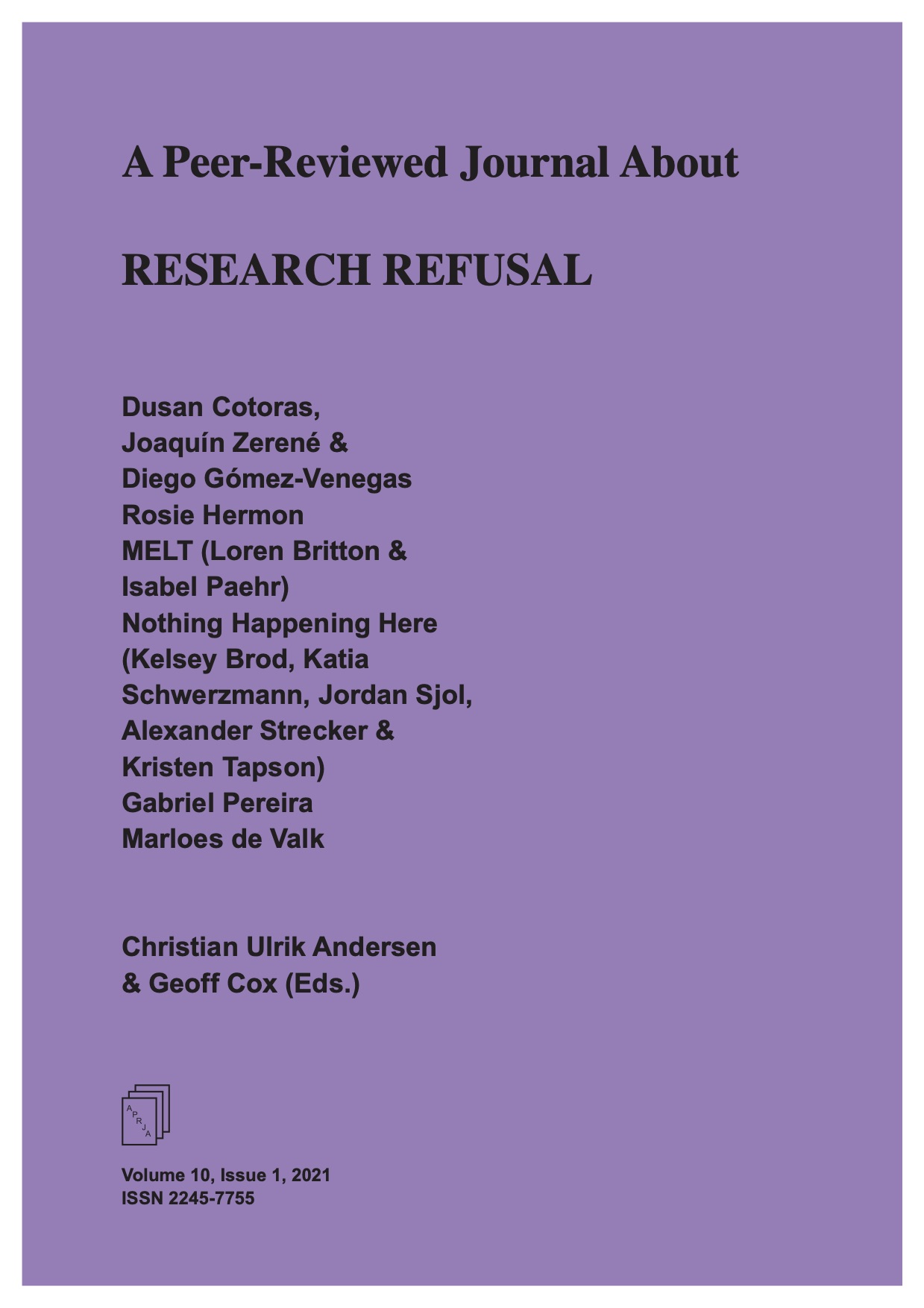Towards the Operative Objects of Post-Capitalism: A Critical Cultural- And Media-Theoretical Refusal on the Chilean Case (1973-2023)
DOI:
https://doi.org/10.7146/aprja.v10i1.128186Keywords:
Capitalist Realism, Theory-Fiction, Chile, Social Uprising, Technological Subjects, NetworksAbstract
This essay aims to unfold a refusal on what we understand have been the historical hegemonic modes of social and cultural research under capitalist realism; that is, the politico-economic system ruling the West and beyond since the 1970s onwards. To do so, we present an updated approach to analyze Chilean social and cultural history during this period, insofar as it is, we argue, a paradigmatic case to critically understand capitalist realism in general. Thus, the essay is formed by three main parts: a) a historical presentation and contextualization of the case in that period, deployed in three fragments; b) the development of a critical cultural- and media-theoretical set of concepts that are instrumental to analyze the case; and c) a proposal that allows us to project the analysis’ insights towards the present and beyond. Particularly from this latter part, but more clearly in a final short conclusion, the proposal and its potential stems from a theory-fiction approach.
Downloads
Published
Issue
Section
License
Copyright (c) 2021 Copyrights are held by the individual authors of articles.

This work is licensed under a Creative Commons Attribution-NonCommercial-ShareAlike 4.0 International License.
Copyrights are held by the individual authors of articles.
Unless stated otherwise, all articles are published under the CC license: ‘Attribution-NonCommercial-ShareAlike’.
The journal is free of charge for readers.
APRJA does not charge authors for Article Processing Costs (APC)


